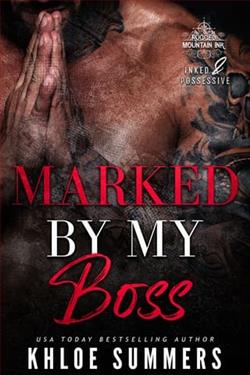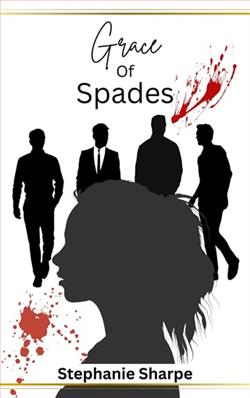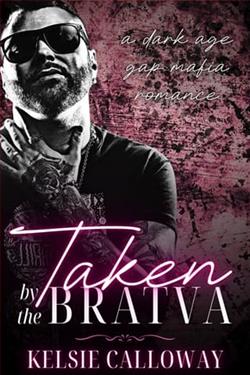Page 89 of A Game of Deception
The Valdez Case. The one piece of information that didn’t fit into the neat, damning picture.
I stood frozen for a long moment. If I was going to walk away from Xander, I needed certainty. I needed to know beyond any doubt that I was making the right choice.
I marched into my home office with fire in my veins. This used to be command central for my Xander shrine. Now the naked wall just stood there like “Congrats, dumbass.” All those years playing detective, documenting his every breath, and I still couldn’t figure out who the hell he actually was.
I sat at my desk and opened my laptop. My hands hovered over the keyboard for a moment before I typed:Valdez Case + Detective Rick Morrison + Palo Alto.
The search returned several results. I clicked on the first one, a local newspaper article from eleven years ago.
CONTROVERSIAL DRUG CASE DISMISSED AMID ALLEGATIONS OF POLICE MISCONDUCT
I scanned the article quickly, my heartbeat accelerating as I absorbed the details. Isabel Valdez, a 19-year-old Stanford student, had been arrested and charged with possession and intent to distribute cocaine. The case against her had seemed airtight—until her attorney uncovered inconsistencies in the evidence log and witness statements.
The charges were eventually dropped, and the lead detective on the case, Richard Morrison, abruptly announced his retirement shortly afterward. The article hinted at broader allegations of corruption but provided few specifics.
The case had never gone to trial, the charges quietly dropped to avoid publicity. Morrison’s retirement was presented as unrelated, but the timing was suspicious.
With renewed urgency, I continued searching, looking for anything more recent about Isabel Valdez. Several pages into the results, I found what I was looking for—a human interest piece from just six months ago.
FROM WRONGFUL ACCUSATION TO ADVOCACY: ISABEL VALDEZ’S FIGHT FOR CRIMINAL JUSTICE REFORM
The article detailed how Isabel, now 30, had channeled her traumatic experience into a career as an advocate for criminal justice reform. She’d founded a small non-profit organization in San Francisco dedicated to helping victims of police misconduct.
At the bottom of the article was a contact number for the foundation.
I stared at the digits, my heart racing. It was late—past 8 PM in Miami, which meant it was after 5 PM in California. The foundation’s office would likely be closed.
But before I could talk myself out of it, I grabbed my phone and dialed the number. It rang four times, and I was preparing myself for voicemail when someone picked up.
“Justice Reform Initiative,” a female voice answered, sounding slightly harried.
I cleared my throat. “Yes, hello. I’m... I’m trying to reach Isabel Valdez.”
“This is she,” the woman replied, her tone shifting from professional to cautious. “Who’s calling?”
“My name is Tara Swanson,” I said, my voice steady. “I’m calling from Miami. I... I believe we have something in common.”
“And what would that be?” Isabel asked, the wariness in her voice unmistakable.
I took a deep breath. “Detective Richard Morrison. From Palo Alto.”
There was a long pause on the other end of the line. I could hear the faint sounds of an office shutting down—a drawer closing, papers being shuffled.
“I don’t discuss that case with journalists,” Isabel finally said, her voice tight. “If you’re working on a story?—”
“I’m not a journalist,” I interrupted quickly. “I’m a doctor. A physical therapist. And I think... I think Morrison’s corruption affected another case. Twelve years ago. A case involving my brother’s death.”
Another pause, longer this time. When Isabel spoke again, her voice had lost some of its defensive edge.
“What makes you think Morrison was corrupt in your brother’s case?”
I hesitated, unsure how much to reveal to a complete stranger. But something told me that if anyone would understand, it would be this woman who had faced Morrison’s corruption firsthand.
“The official report on my brother’s death is... incomplete,” I said carefully. “Certain conclusions that should have been there are missing. And I have reason to believe my father may have influenced the investigation.”
“Your father,” Isabel repeated slowly. “Is he wealthy? Influential?”
“Yes,” I admitted. “He is.”















